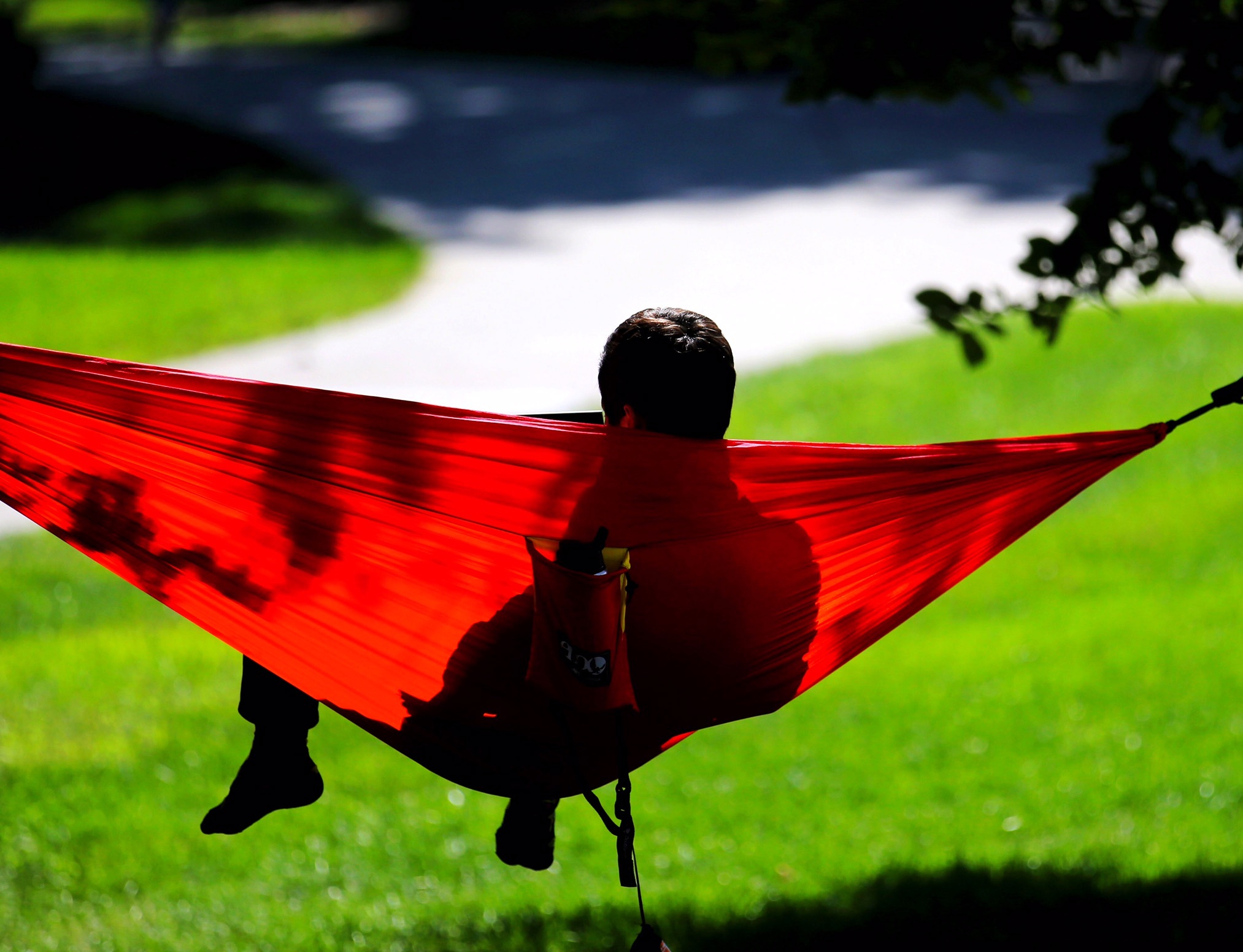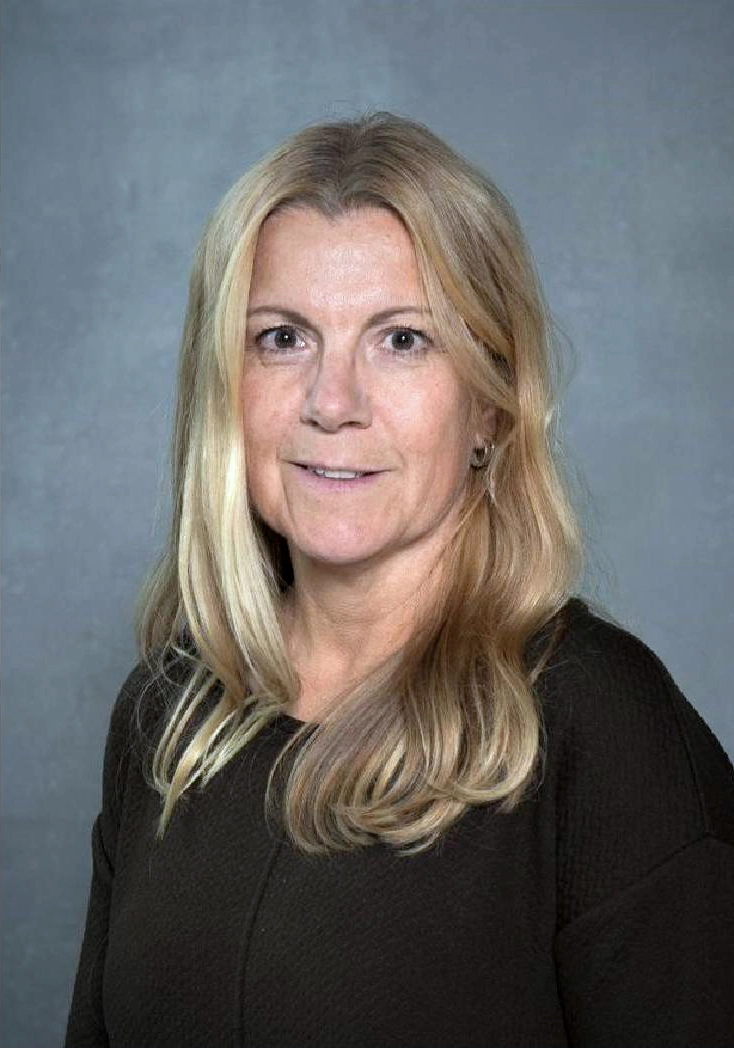
A student relaxes in a hammock on central campus at ISU. Larger image. Christopher Gannon/Iowa State University
AMES, IA — Everyone gets stuck in negative patterns. We find ourselves dreading an upcoming family reunion, expecting we’ll feel disappointed or frustrated with certain relatives. We wonder why the same worn-in argument continues to resurface with a partner, and late at night, we replay an interaction from last week or last year that we can’t let go.
“Finding the Freedom to Get Unstuck and Be Happier” aims to help people break out of these patterns, engage more fully with the present and trust that whatever comes next is truly workable. Author Douglas Gentile, a distinguished psychology professor at Iowa State University, weaves Buddhist philosophy and psychological science with personal anecdotes and the story of a friend.
“There are lots of paths to wisdom. Some of them are traditional, some are religious, some are your own experience, some are science. When we can see that the different wisdom traditions are saying a similar thing, I think it’s worth paying attention to,” said Gentile.
Central to Gentile’s book is the idea of karma, which he quickly explains is not some sort of cosmic balancing of good and bad. Rather, karma, in the Buddhist tradition, is the idea that everything that brings someone to a particular moment is the result of millions of previous actions that individual has taken or not taken, as well as those taken or not taken by others.
“We are the inheritors of not only our karma but also the karma of others.”
Gentile uses the game of chess as a simplified example. Once the players move their pieces, their actions and the actions of their opponent lead to a certain configuration on the board. They cannot undue their previous decisions, but they can learn from past mistakes and work with what they have.






